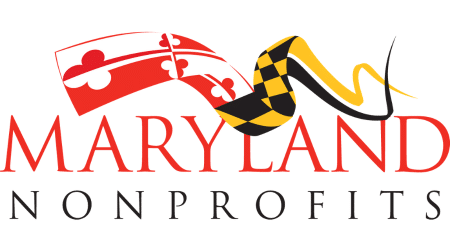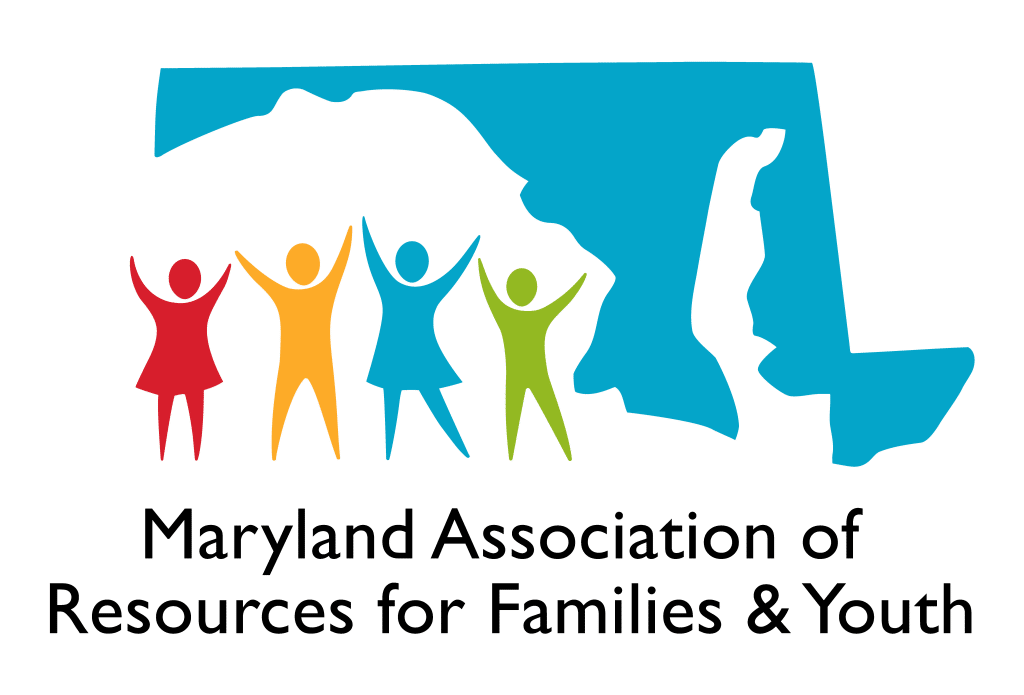This article was originally published by the National Council of Nonprofits on January 18, 2019.
It never fails. As soon as the iconic glittery New Year’s ball makes its descent in Times Square and the calendar turns to January nonprofit boards review their list of goals for the new year and begin to tackle tasks like updating woefully out-of-date bylaws and tightening up conflict of interest policies. Boards look at ways that they can ensure legal requirements are followed by their organization and that their next audit will come back squeaky clean. But there is more to running an ethical, accountable, and transparent nonprofit than just legal and accounting requirements. Boards of directors can set the tone for the organization by conducting regular reviews of core governing and operating policies and procedures.
In our work at the Standards for Excellence Institute, a program of Maryland Nonprofits, we encourage nonprofits to embrace ethical and accountable management and governance in all their efforts. Our blueprint for nonprofit best practices encourages organizations to assess their own operations, governance, and management against our set of best practice standards, the Standards for Excellence: An Ethics and Accountability Code for the Nonprofit Sector. The Standards for Excellence code is supported by a wide array of educational resources and tools, plus an accreditation and recognition program carried out by partners like state associations of nonprofits as well as consultants working around the nation.
As the Standards for Excellence: An Ethics and Accountability Code for the Nonprofit Sector states, “Nonprofits depend upon effective leadership to successfully enact their missions… Board members are in a position of trust to ensure that resources are used to carry out the mission of the organization…”
Four Things Your Board of Directors Can Do to Embrace Ethical, Accountable, And Transparent Values
- Review your bylaws:
- Do the bylaws describe standing committees or positions that no longer exist?
- Do they address modes of communication that you rarely employ?
- Have you moved away from some of the statements in the bylaws in a way that encourages you to re-think the clauses in the bylaws or does the organization need to resume past practices to avoid “mission creep”?
- Review the position description for board members and officers:
- Do the roles and responsibilities adequately describe what is really needed for an individual to succeed in helping to advance your organization’s mission?
- Are the roles and responsibilities consistent (or in opposition to) the clauses of your organization’s governing documents, such as your bylaws?
- Do you find that your list of expectations for board members is helpful in the board recruitment, selection, and orientation process? Hopefully, this document is shared with board members BEFORE they accept a nomination to serve on the board. There is nothing worse than investing a lot of time recruiting a board member only to find out that he/she is unable or unwilling to carry out the expected responsibilities.
- Take care in completing your annual conflict of interest statements.
- Each nonprofit organization should have a board-approved conflict of interest statement that, as the Standards for Excellence code states, “is applicable to board members and staff, as well as volunteers who have significant, independent decision-making authority regarding the resources of the organization.”
- The annual conflict of interest policy should “identify the types of conduct or transactions that raise conflict of interest concerns, should set forth procedures for disclosure of actual or potential conflicts and should provide for review of individuals transactions by uninvolved members of the board of directors.” (Standards for Excellence code)
- Review the performance of your current board members and board as a whole.
- Don’t wait until the board presents its slate of new members to assess the strengths and weaknesses of your current board. Undertaking an assessment now can help your nonprofit know what talent and experience should be targeted in your next round of board member recruitment.
- Are your current board members fulfilling their responsibilities (fiduciary, fundraising, governance, attendance, etc.)?
- Do your current board members complete an annual or bi-annual self-assessment of their service as a board member and the board’s service as a whole? 2019 would be a great year to start this practice.
Whether we are “trusting the magic of new beginnings” (Meister Eckhart) or simply taking advantage of a lull in the frenetic pace of nonprofit organizations, the fact remains that many nonprofit boards take the opportunity to embrace improvement at the start of the calendar year. Perhaps this appetite for stronger ethics and accountability is even more pronounced at this time after a few high-profile nonprofit organizations have found themselves in the midst of serious investigations and sanctioning in recent months.
The board of directors in any nonprofit serves as a crucial player for demonstrating the values the nonprofit espouses and lives. We hope 2019 offers your board the opportunity to implement best practices and re-committing to doing its best at doing good.
Amy Coates Madsen serves as the Director of the Standards for Excellence Institute. The Standards for Excellence®: An Ethics and Accountability Code for the Nonprofit Sector identifies 6 major areas of nonprofit governance and management which contain 27 different topic areas. Each topic area includes specific benchmarks and measures that provide a structured approach to building capacity, accountability, and sustainability in nonprofit organizations. In addition to the code, the Standards for Excellence Institute® has developed a series of educational resources that include information on implementing specific standards, justification for the standards, best practices associated with the issue, model procedures and sample policies. These resources are available to members of the Institute and licensed partners and collectively cover each of the benchmarks in the Standards for Excellence code. Nonprofits that adhere to these benchmarks can become formally recognized or accredited by the Standards for Excellence Institute. The Standards for Excellence Institute also licenses individual consultants and regional and affiliate associations to offer various resources and trainings to nonprofits interested in implementing the Standards for Excellence code throughout their organization.
To learn more about the Standards for Excellence Institute and to join as a member, visit standardsforexcellence.org.







